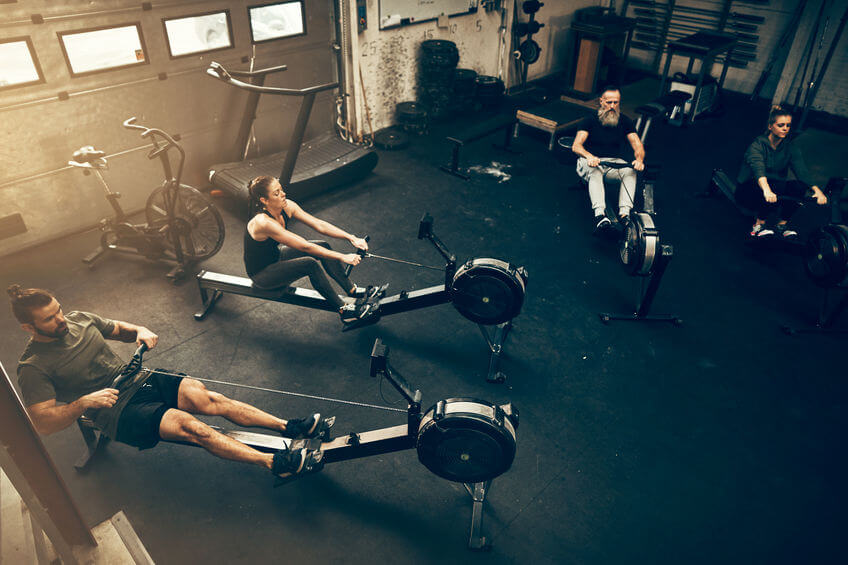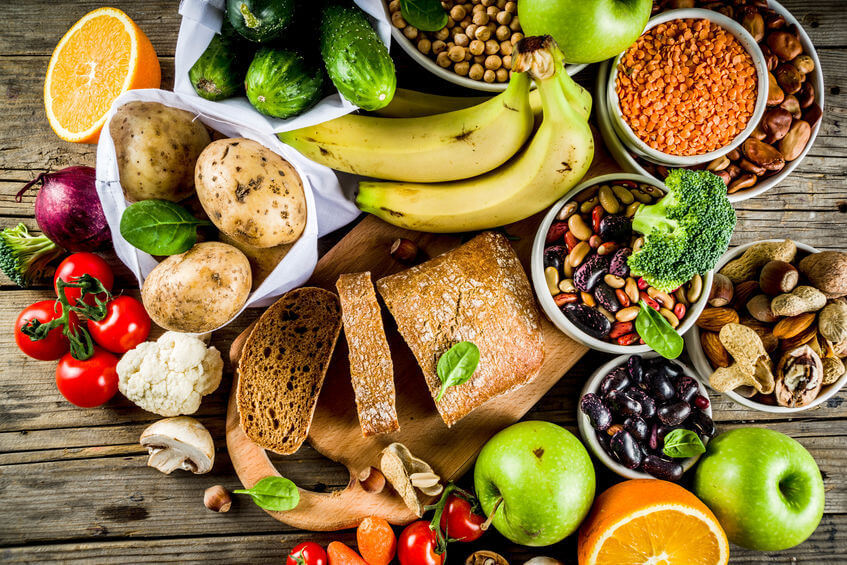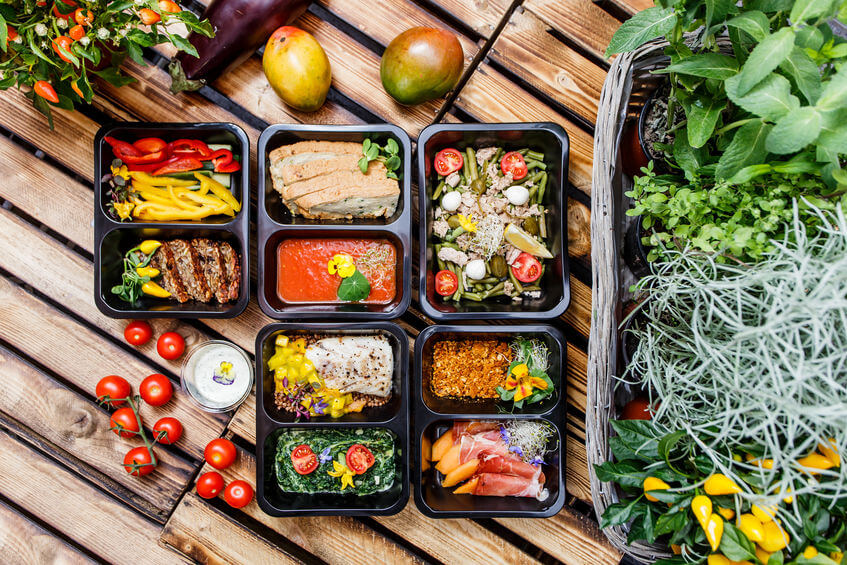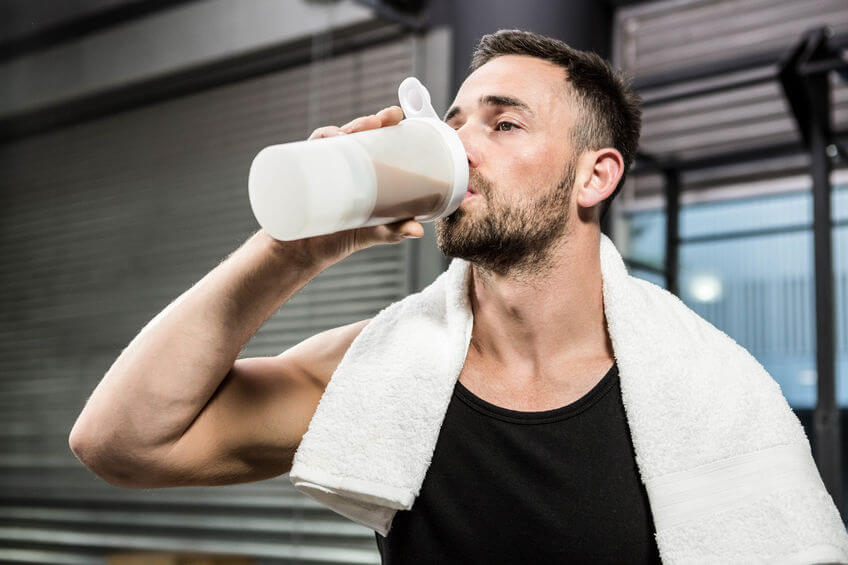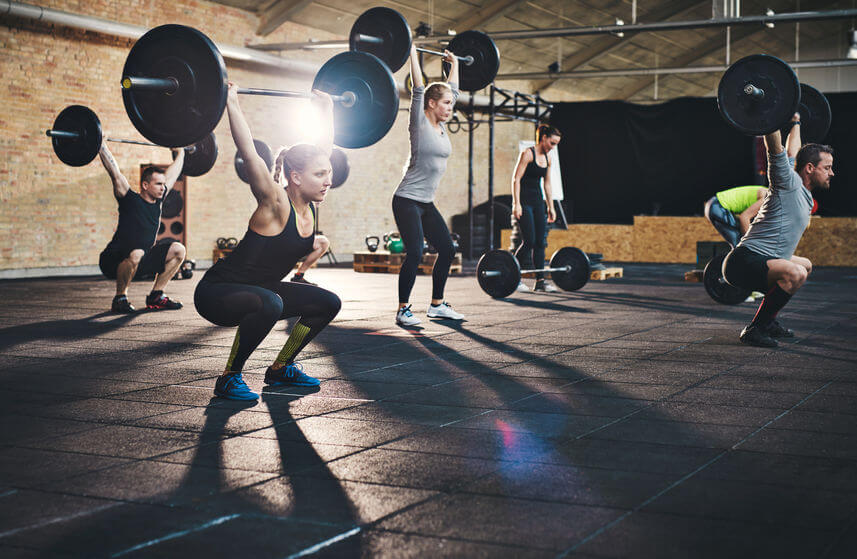How to Fuel Elite Performance in CrossFit – A Primer on Pre-WOD Nutrition
Elite athletes know the secret.
You want to perform your absolute best when you hit your next WOD. But you are in between meals. What do you eat? What do you avoid?
I can help guide you in the best practices for eating before you workout based on my years of trial and error.
I will tell you what you should and should not be putting into your body to perform at your absolute best before you train.
In this article, I will walk you step by step through the process of fueling your body to perform at your absolute best. I will tell you the foods that will give you sustainable energy and the foods that will leave you feeling sluggish and bloated.
I will answer that pressing question of what should I eat before CrossFit???
Let’s get right to it!
Contents
Early Morning Gym Warriors
You are getting ready to head out the door to train and you are visualizing your strategy to crush Helen when something happens. Grrrrr. You hear it again. Grrrrrr.
It is your stomach growling.
You realize it is 06:00 and you have not eaten anything. What do you scarf down quickly so that when you attack Helen you are most likely to set a personal record?
Let’s start this article with the early morning gym warriors.
These people typically rise and train before 08:00. Most often they are rushing out of the door and have limited time to train or prepare breakfast let alone let that breakfast digest.
The most common question I have encountered with this group is should you train fasted or without eating anything in the morning.
The answer…not really.
Let me clarify.
If you’re just going to do aerobic slow training and not really do any kind of interval-based metabolic conditioning, a WOD, you can potentially train in a fasted state. The same goes for lifting.
But most people like to have eaten something if they are performing any kind of significant lifting session.
For regular metabolic conditioning WODs such as Helen, Fran, Diane and especially something like Murph you absolutely want to have eaten something.
Let’s walk through why.
When we do any type of cellular work we utilize a molecule called ATP, adenosine triphosphate. Think of this as the fuel in your car.
We need ATP to perform movements with our bodies, also known as exercise. When we are sleeping all night we were in a significant catabolic (breaking tissue down) state and had no type of intake coming into our body.
If we do not supply any type of fuel to replenish ATP we will not have any readily available fuel source to tap into after the clocks count down 3,2,1, GO! Our engine will run out of gas.
Some people may argue that you could tap into fat sources and turn those into fuel in the morning. The problem is that fat is not the best fuel source for high-intensity interval training (CrossFit).
It is more of a long slow distance preferred fuel source. The preferred fuel source for high-intensity interval training is…CARBS!
You read that right.
Carbohydrates are the best fuel source to build ATP.
Our cells are made for this and can readily take the carbohydrates we ingest and make significant amounts of ATP if we continue to breathe oxygen.
So now that we know that carbohydrates are the best source of fuel, what should we eat?
What Should We Eat?
We want foods that are easy to digest. Think things like apples or applesauce, oatmeal, bananas, toast, sweet potatoes, and rice.
When picking a carbohydrate food source keep in mind the more fiber present, the longer it will take to digest.
If working out in under an hour try to stick to more simple carbs and if you have over an hour to digest your food then more complex carbs can be utilized as well.
So we mentioned carbohydrates but I am sure all of the macro lovers out there are wondering about our other two macronutrients.
Not to worry, those are next.
Protein is a very poor fuel source. HOWEVER, we need protein to rebuild muscle tissue.
So we want some protein in all of our meals as well. While there are different groups who have varying discussions about how much protein a person should consume that is for another discussion.
I will just say that you should include protein in both pre and post-workout and try your best to make it as easy to digest as possible if you are training within one hour.
Easy to digest protein sources include but are not limited to: chicken, eggs, dairy (for some but not all), quinoa and beans.
The last macronutrient I will discuss is fat. Here is where some people will lose it.
We would like to avoid fat if training within an hour. There I said it.
But now let me tell you why.
Fat is a wonderful source of energy, however, it takes more effort for our cells to extract that energy and convert it into ATP.
For long slow-distance-based events, this is fine but for very high-intensity efforts like CrossFit this is not ideal. Some of our workouts last less than five minutes so we want that energy now!
Fat also slows digestion way down.
So if you have a very fat-laden meal your digestion and breakdown of those other macronutrients will take longer and you will feel very heavy and bloated. That is also not an ideal situation.
So the key idea of this point is to stay away from fat if you are working out in less than an hour. If you have more than an hour you can consume fat but keep in mind the amount as the more you have the slower the digestive process will be.
Think carefully about that avocado toast!
So we have one part of the puzzle. What about our afternoon warriors?
What About Our Afternoon Warriors?
The good news is that not much changes.
It is all based on time.
We still do not want to go into our workout time-starved but we need to be mindful about the foods we put into our body to fuel for maximum performance.
We want to limit fat sources if we are training within one hour. We also want to ensure that we include both simple and complex carbohydrates to fuel our ability to destroy the WOD.
We also want to ensure that we include protein as well to help rebuild our muscles after we get destroyed by the WOD.
If we have longer than one hour we are going to make sure that we still supply carbohydrates and protein sources but we can utilize some fat sources as well.
While we are talking about fueling our bodies for our CrossFit workouts let’s tackle another topic related to this.
Power Foods
Power foods can mean various things to many different people.
When I think of power foods I think of two main benefits of the food.
- Increase muscle growth and
- Excellent source of energy.
For increasing muscle growth we should focus on one major macronutrient: protein. We want a good amount of protein as well if we are trying to grow new tissue or muscle.
We would like to stick to high protein food sources such as chicken, beef, bison, dairy products (for some but not all), beans and lentils, tofu, fish and protein supplements.
The protein source has to be something that your digestive tract can tolerate well. So this will take some trial and error to find the ideal protein sources for you.
Also, your budget will dictate what you can fit in. Variety is also a great recommendation as well when eating anything so feel free to switch them up from time to time as well.
The next power food I think of is high energy foods.
These are foods that will give you high amounts of energy without that crash you get from things like candy bars and junk food.
Things like bananas, applesauce, brown rice, beans, quinoa, and oatmeal.
These foods are typically well tolerated by most people and provide both a short burst of energy and that long sustained energy release for those longer WOD’s.
Should I Take a Pre-Workout Drink?
The last topic I want to shed some light on is pre-workout drinks.
While supplements could be its own individual article I will just focus on the pre-workout drink discussion for this discussion.
The first question most people ask is should I take a pre-workout drink?
My answer would be it depends.
I know this is ambiguous but there are a number of factors to consider when deciding if you want to take a pre-workout drink.
The first factor to consider is do you know what is in the pre-workout mix?
Sometimes these supplements will have so many ingredients that you will need a detailed google search to figure out what they all do.
Keep in mind if you compete in CrossFit or another sport and are drug tested you are ultimately responsible for what goes into your body.
The second factor to consider is how much caffeine do you consume?
A number of these pre-workout mixes have well over 200 mg of caffeine. That is a lot!
Caffeine is a stimulant and one that we build tolerance towards overtime. The more you take over a long period of time the more you will need to feel that dose of energy. But we can absolutely overdo it when it comes to caffeine. So make sure to check those caffeine levels before consumption.
The third factor to consider is what is your diet like?
No supplement can fix a poor diet. Period.
Fix your diet first before you add extra supplements.
The last factor to consider is what is your sleep like?
If you are living off of 4 hours a sleep a night and trying to fuel elite performance in the CrossFit gym with pre-workout drinks that is a recipe for disaster.
You have to get adequate sleep and recovery. No pre-workout can make up for those.
The take-home message from pre-workout drinks is that if everything else in your training, diet, and recovery is on point and you have educated yourself to what is in the supplement then, by all means, have it from time to time.
Do not rely on it. It is a from time to time tool.
Summary
In summary, this article told you what to eat before CrossFit. I laid out the meal timing and what foods to consume for optimal performance as well as what foods to avoid so that you are not crushed by your next WOD.
I also discussed some power foods that could really benefit your next pre or post WOD meal and help jump-start your recovery.
Lastly, I told you the low down on pre-workout supplements and how they can be used but what to watch out for.
I will finally state that nutrition is a very personal journey and different people will respond to and benefit from many different foods and varying formats.
You have to ultimately find what works best for you as an athlete and keep utilizing those things that help you and disregard those things that don’t.
The road to elite and life long fitness is a forever learning and growing experience. Have fun with it and get out there and crush your next WOD!
If you loved this article and want to get more outstanding information related to all things fitness, please subscribe to the newsletter and you will never miss any of the critical info.

